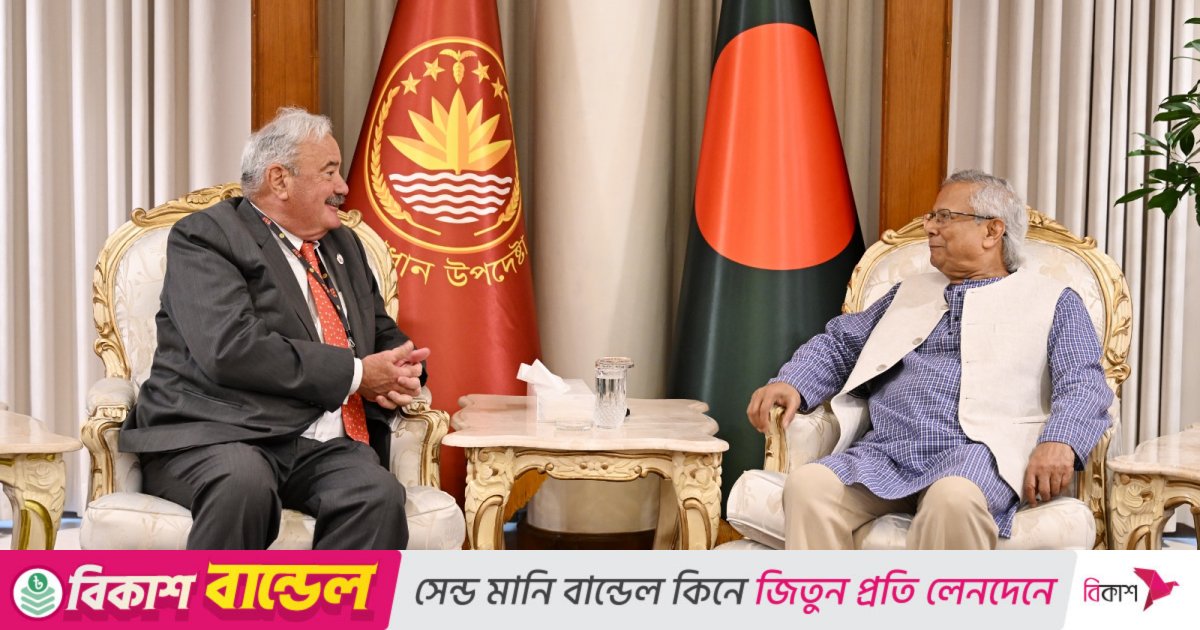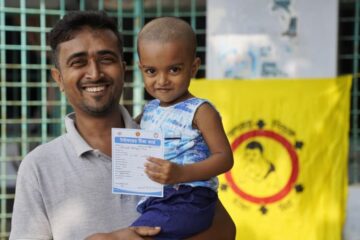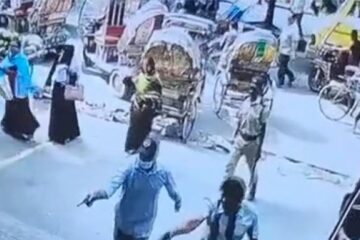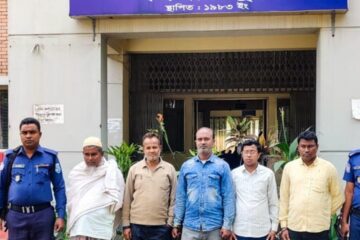The International Republican Institute (IRI), a non-profit, non-partisan organization dedicated to advancing democracy and freedom globally, is now assessing the electoral environment in advance of the February 2026 parliamentary elections.
The IRI team deployed its pre-election assessment mission to Bangladesh from Monday and they will continue to engage until Thursday.
This high-level mission, comprised of international policy and elections experts, arrived in Dhaka on Monday to meet with a broad range of stakeholders, including the Bangladesh Election Commission, political parties, government officials, and civil society organizations from across the Bangladeshi political spectrum and examine issues central to electoral competitiveness and civic engagement.
“This mission underscores IRI’s commitment to supporting democratic processes in Bangladesh,” said Johanna Kao, IRI’s Senior Director for Asia-Pacific in a statement.
“We look forward to engaging with stakeholders and assessing the state of the electoral environment.”
Following the conclusion of the mission, IRI will release a statement offering an impartial assessment of the readiness for February’s elections and recommendations for maintaining electoral integrity and fostering a peaceful electoral environment.
The mission will conduct its activities in accordance with the laws of Bangladesh and the Declaration of Principles for International Election Observation and the Code of Conduct adopted by the United Nations in 2005.
All activities will be conducted on a strictly non-partisan basis and without interfering in the electoral process.
A delegation from IRI met with Chief Adviser Professor Muhammad Yunus at the State Guest House Jamuna on Tuesday. The delegation confirmed that IRI will send at least 10 international observers for Bangladesh’s national elections in February.
During the meeting, the delegation shared insights from their previous electoral observation and exchanged views with the Chief Advisor regarding electoral reforms. They expressed optimism about the current political environment.
Fusner appreciated the environment of Bangladesh’s general elections. He said: “All parties want elections. From previous election experiences, we are seeing a positive environment, which is really good to see. We can tell the difference between the previous election and this election.”
The delegation stated that including local observers from civil society such as student organizations is important to make the elections more transparent. They also spoke about the dangers of false information during elections.
Chief Advisor Professor Yunus said that misinformation is a serious problem.
He said: “The biggest threat to democracy is misinformation. It is well-planned, well-funded, and creates instant tension. By the time the truth comes out, people have already reacted.”
Christopher J Fusner also expressed concern about the use of artificial intelligence to create images and manipulate public opinion.
Professor Yunus said that Bangladesh is on the path to a peaceful and inclusive election.
Referring to the July Charter as a unique milestone in the country’s democratic journey, he said that all political parties have shown their commitment to reform.
He said: “This has taken our elections one step further.”
He further said that most parties have signed the charter and hopes that others will do so very soon.
IRI representatives have praised Professor Yunus’s leadership over the past 15 months.
SDG Coordinator Lamia Morshed was also present at the meeting.



